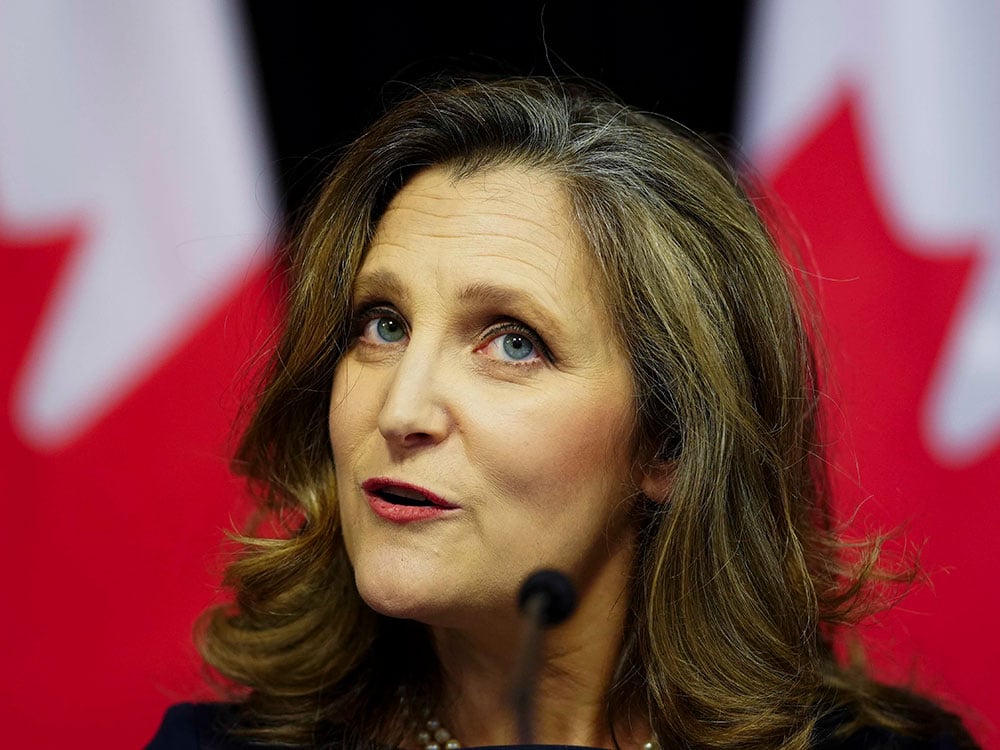It’s been almost two months since the federal budget, and anguished cries about the horror of capital gains tax changes are still coming.
Other measures in the $535-billion budget are forgotten. But a change that would increase taxes on a small number of mostly very well-off people is still in the news.
The capital gains tax debate is the latest front in the battle to keep taxes low — especially taxes on the wealthy, who have the greatest ability to wage public and political campaigns to protect their interests.
This demonstrates, again, one of the reasons we can’t have nice things such as a comprehensive health-care system or an effective climate response.
And how decades of anti-tax rhetoric — from politicians, interest groups and lobbyists, often amplified by media — have made it almost impossible to have a rational debate on a topic that’s critical to society.
The budget failed to do much to increase tax fairness. But it took one notable step by increasing capital gains taxes. Those are paid when someone — or some company — sells assets that have increased in value since they bought them.
If your childhood collection of hockey cards happens to include a mint Gretzky rookie card, valued at some $3 million, and you sell it, you’ll pay more tax on the profits. If you’re lucky enough to have a cottage and you decide it’s time to sell, you’ll be taxed on more of the gain.
The change is significant, and long overdue. Formerly, individuals had to include 50 per cent of capital gains over $250,000 on their tax returns. The budget increased that to 66.7 per cent. (The capital gains tax does not apply to the sale of your principal residence.)
So if you bought $500,000 worth of shares in the Misplaced Trust Company and sold them for $1 million, before the change you would have declared $125,000 in income and paid tax on that amount. Now you’ll declare $166,750.
That change does not seem punitive — especially as most of us do not make $250,000 in capital gains in a year.
The federal budget documents say about one in 1,000 individual tax filers will be affected by the change, and the average income of those tax filers is $1.4 million.



The Liberals could have done this eight years ago, or even three years ago.
That they didn’t until their collective backs are up against the wall tells you that they never really intended to do this because, done this late, it will be trivial for the incoming Conservative government to undo.
If you want examples of things that a political party really means to do, look at what they do early in their administation. In the Liberals’ case, this pretty much amounts to “nothing” because Liberals, provinicially and federally, actively try to do as little as possible, “leading from behind” and doing only that which is performative and/or designed to offend as few people possible. The LPC really wanted to buy TMX for Alberta, for example. They did not want to do electoral or tax reform or pharmacare or what-have-you because they saved it for an election-year bribe.
Another really good example is Mike Harris’ Ontario: he wrecked the welfare state on day one, ramming through the common-sense revolution platform in his first year so that it would be impossible for his successor to undo.